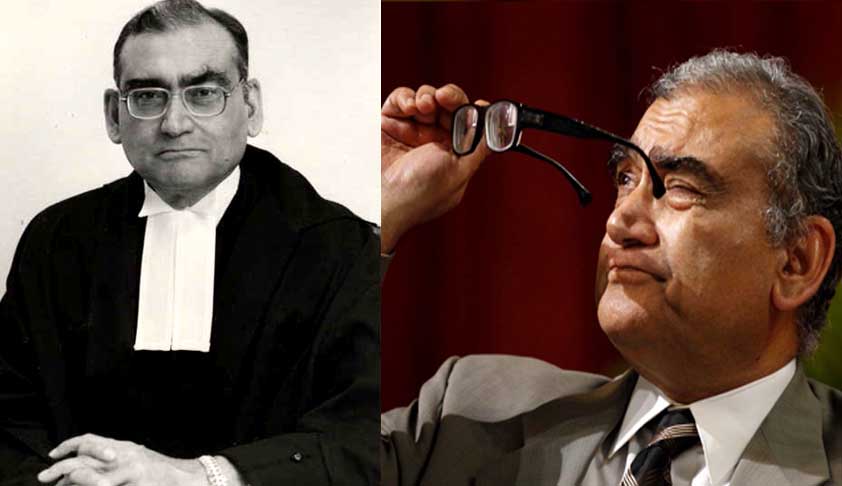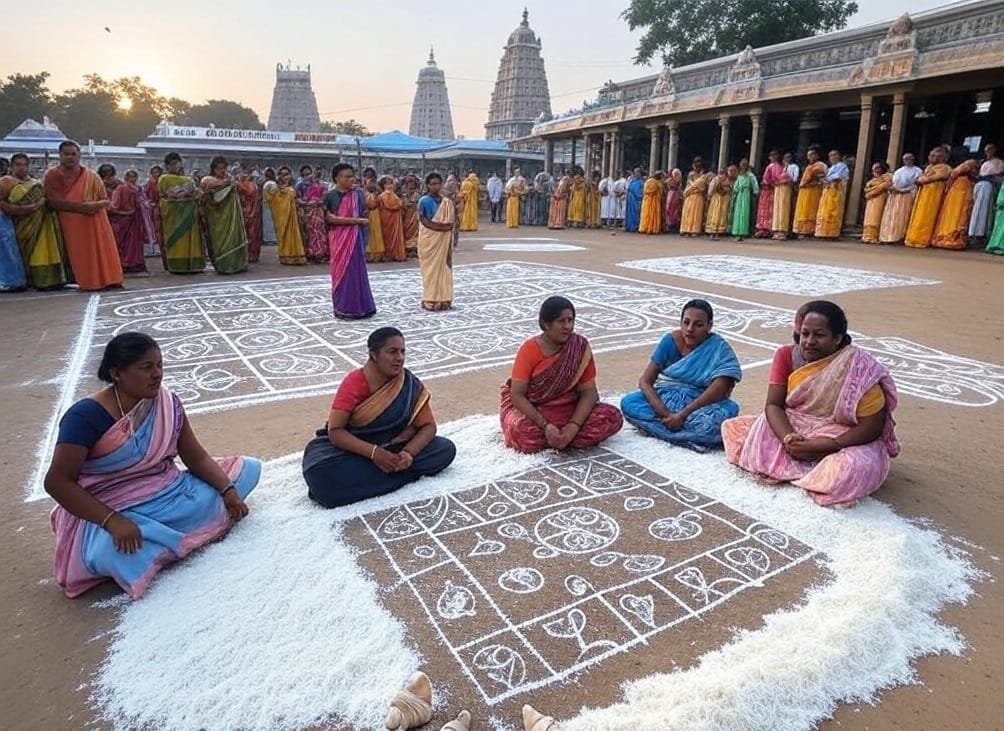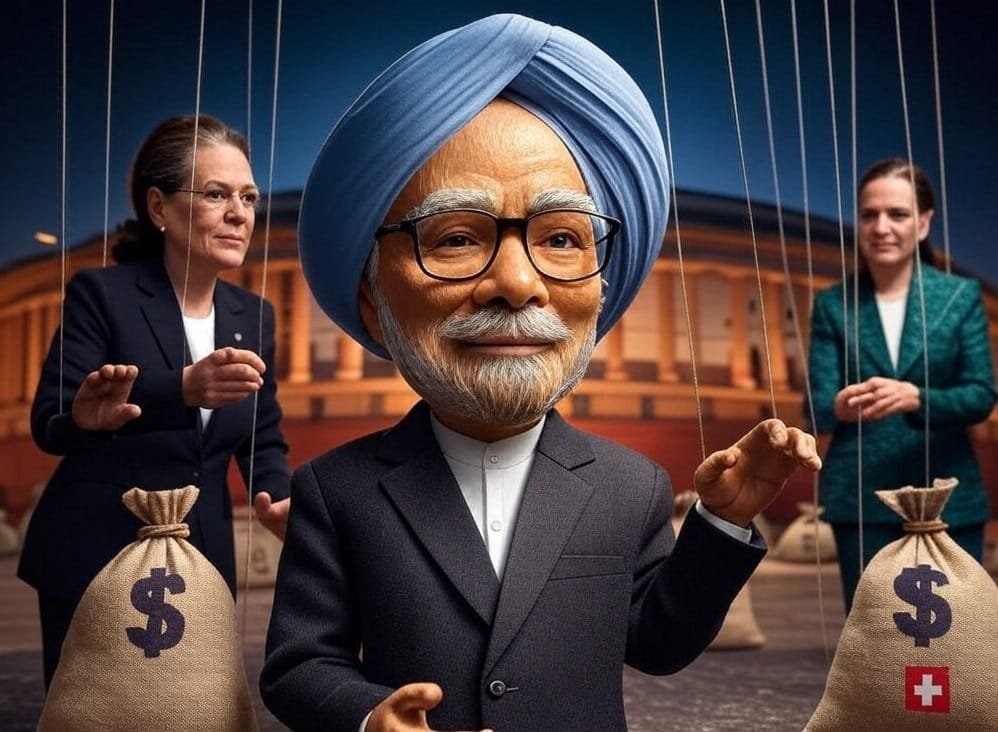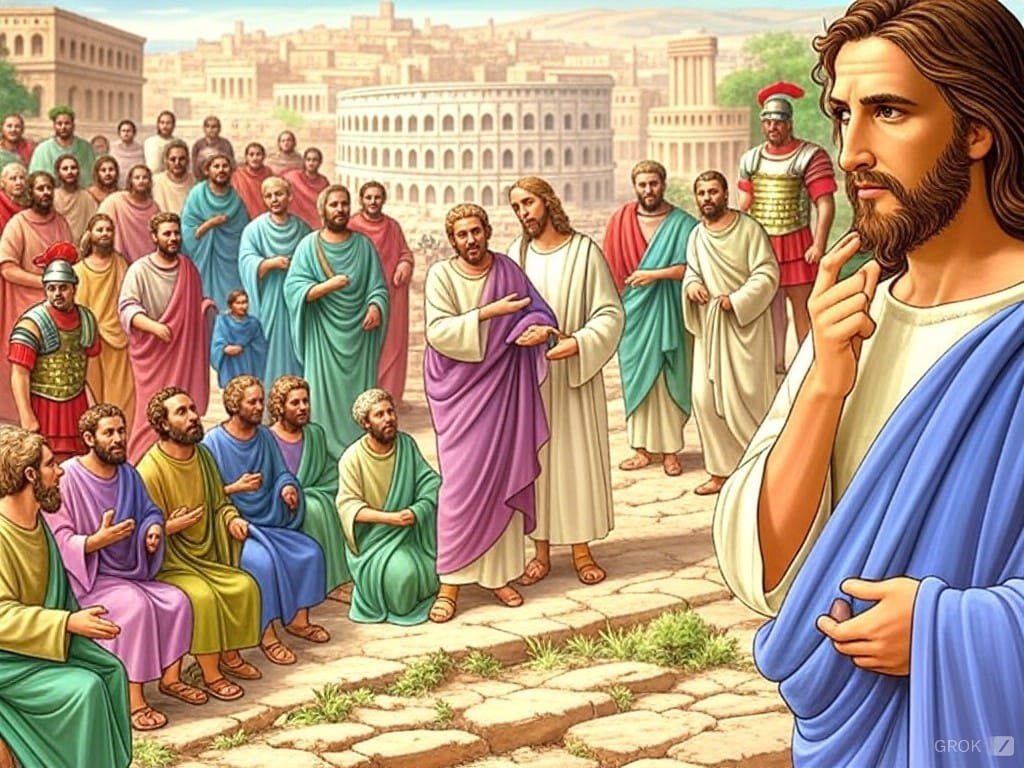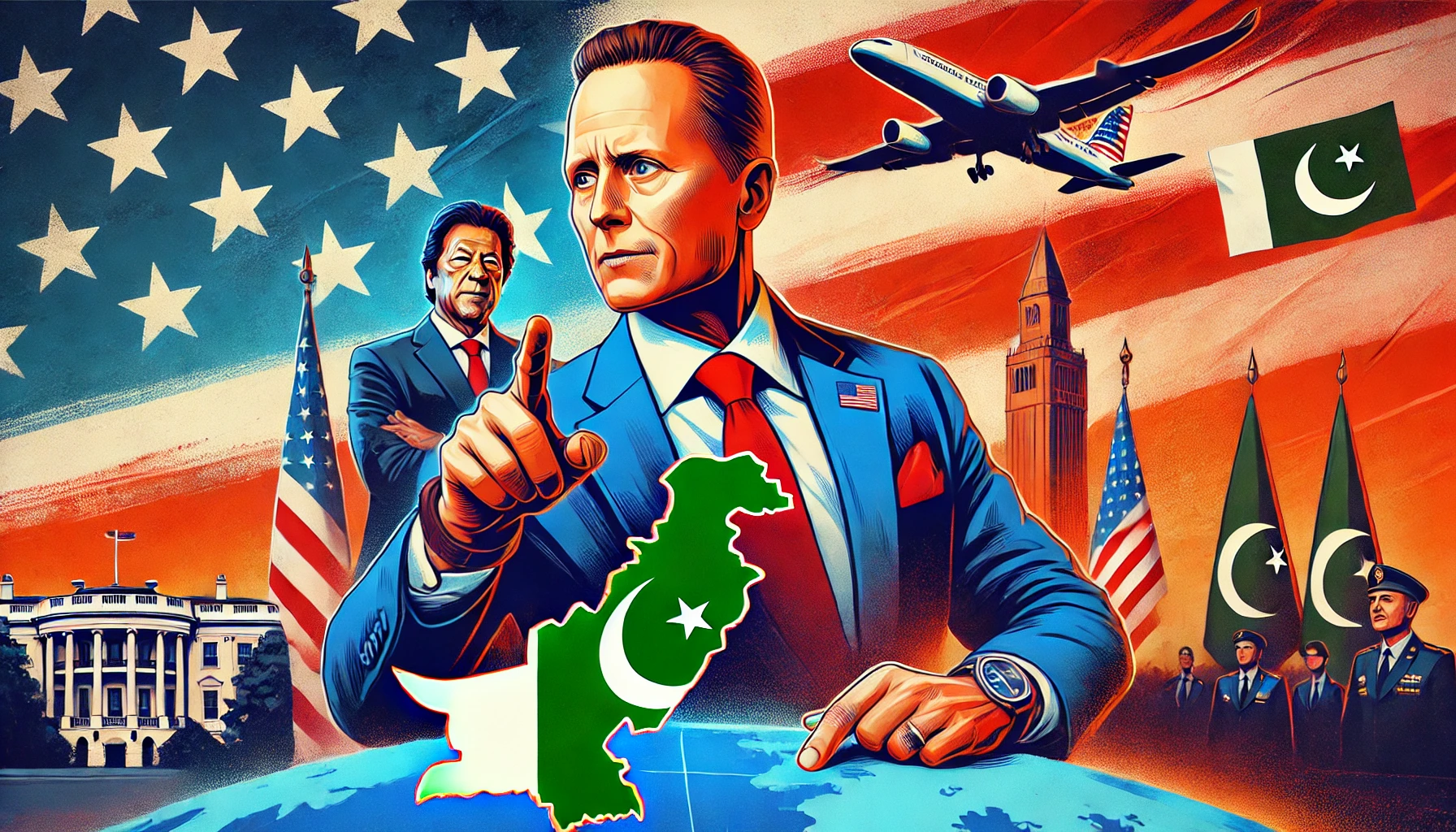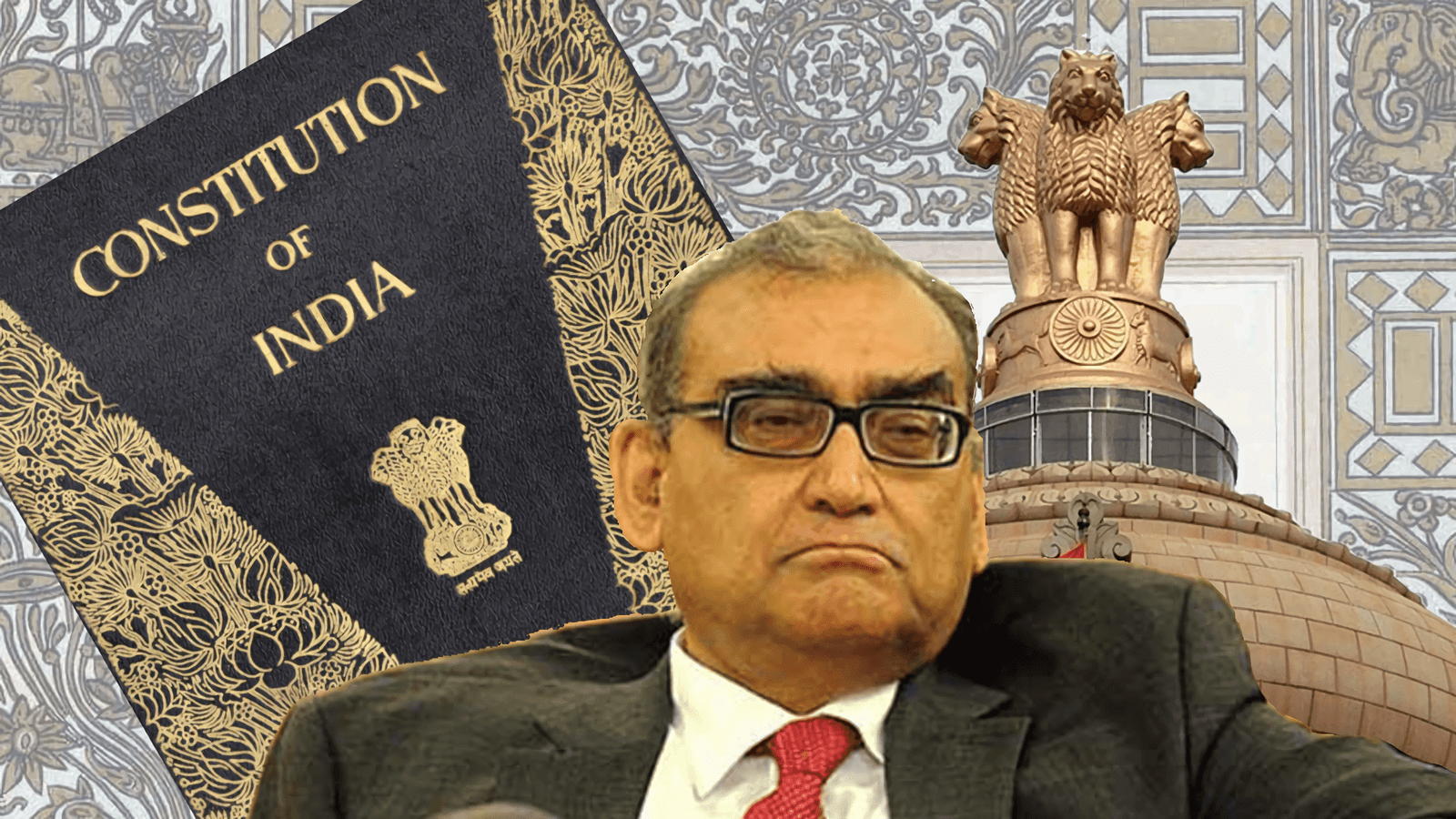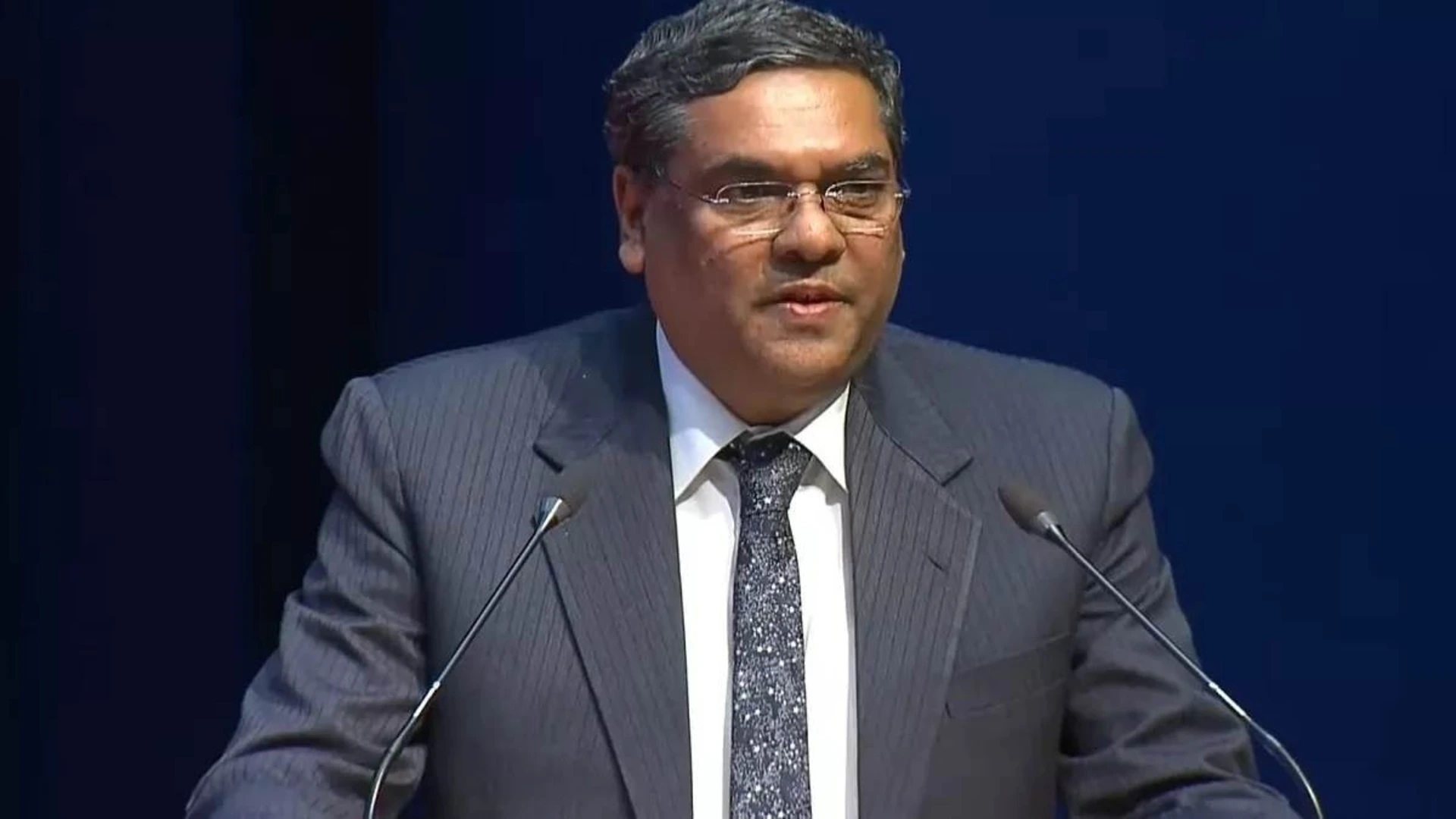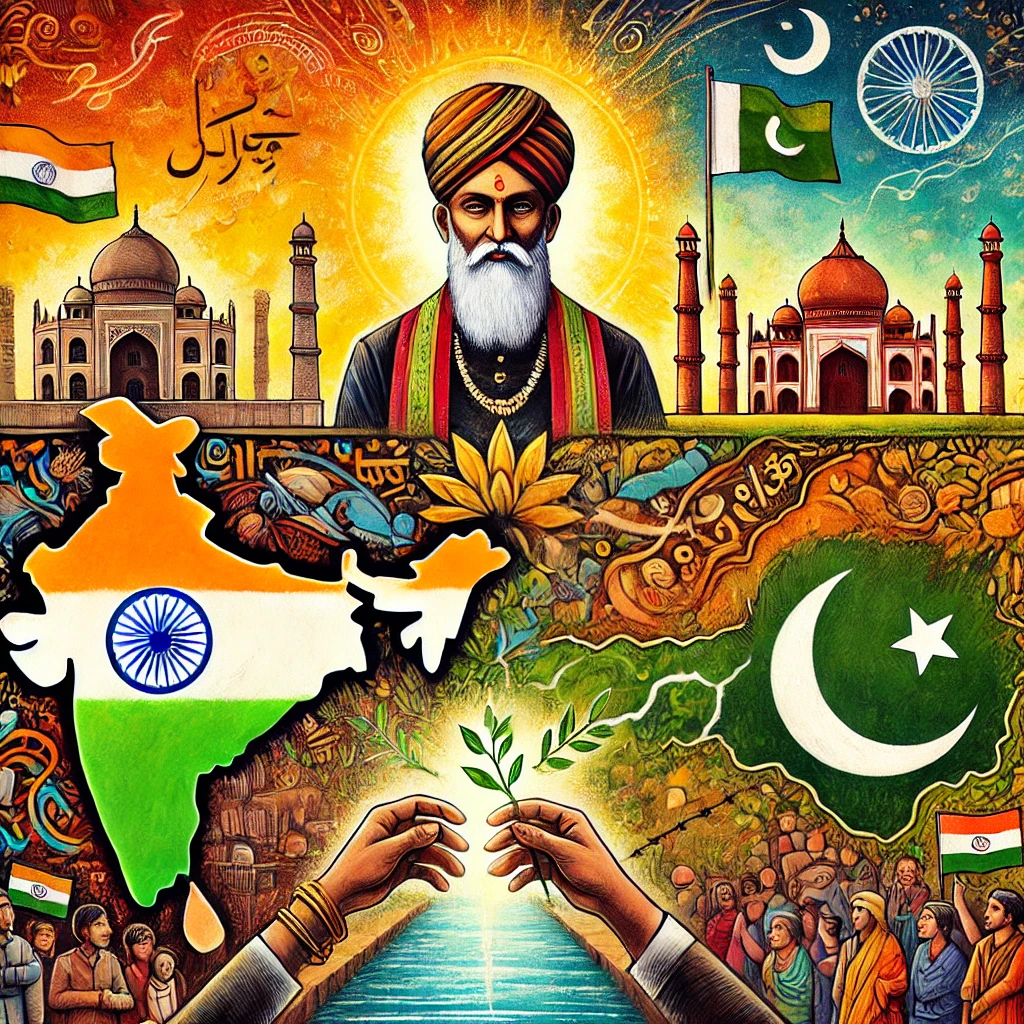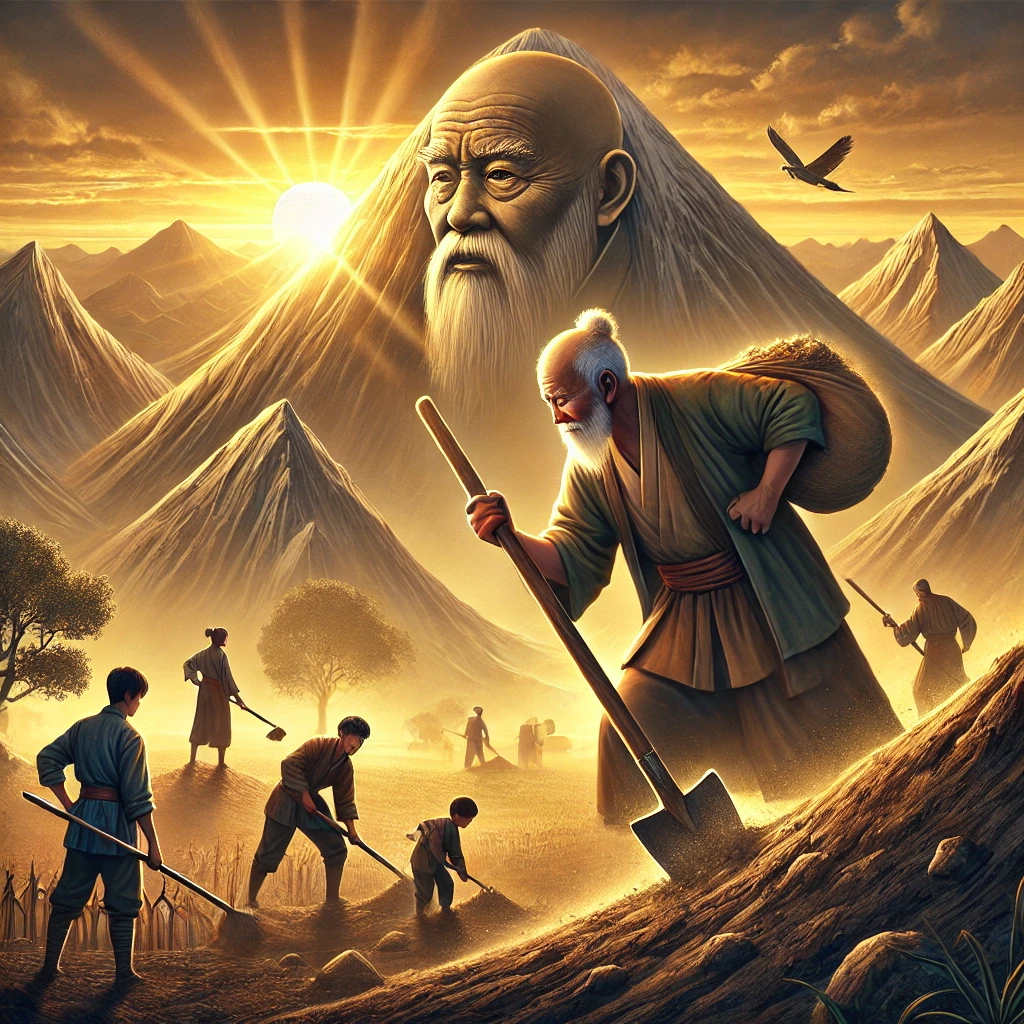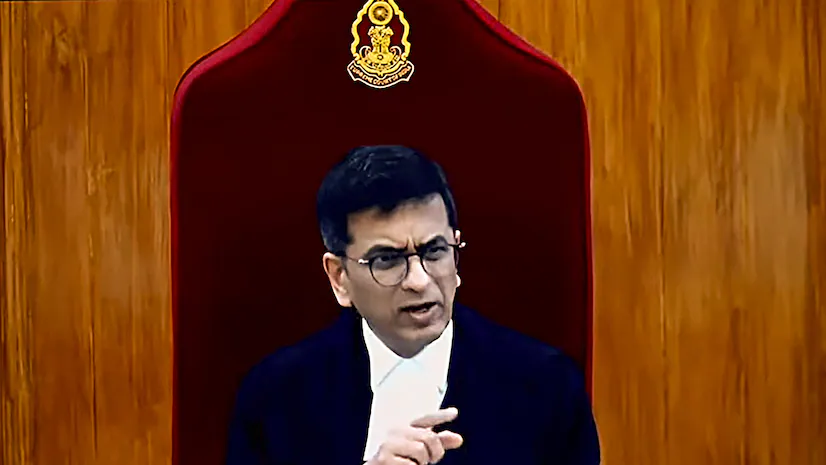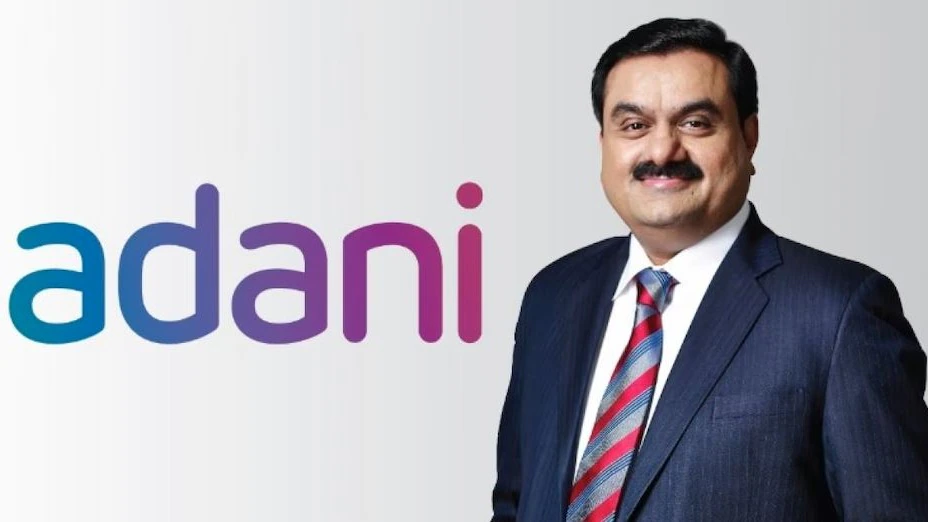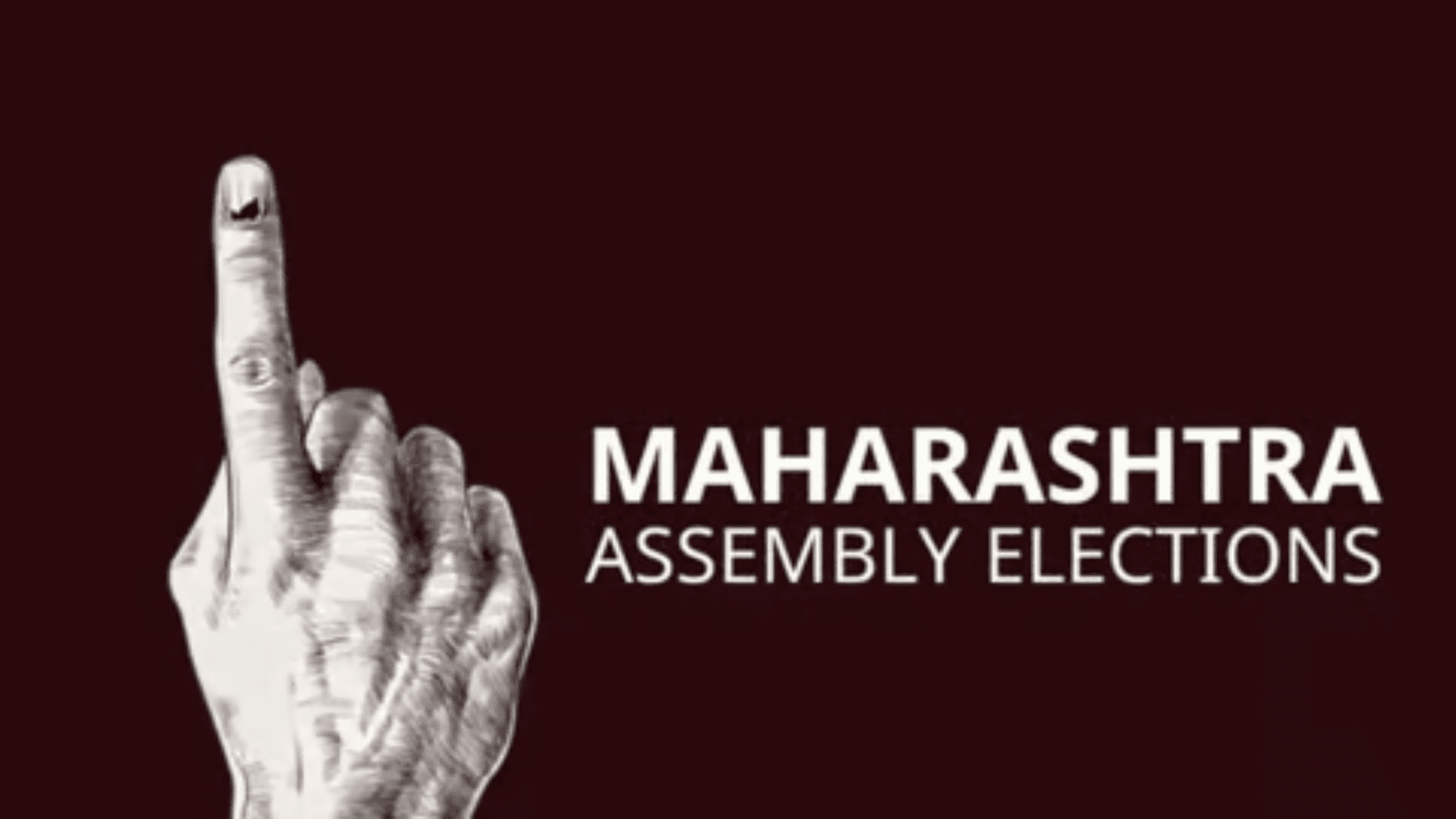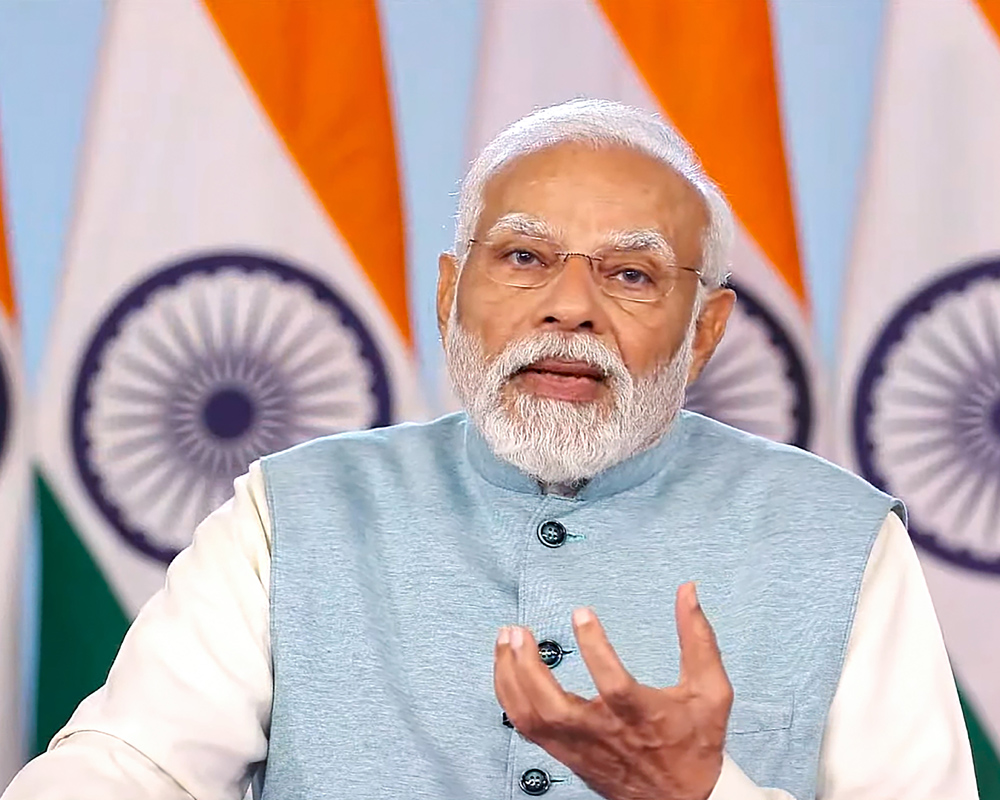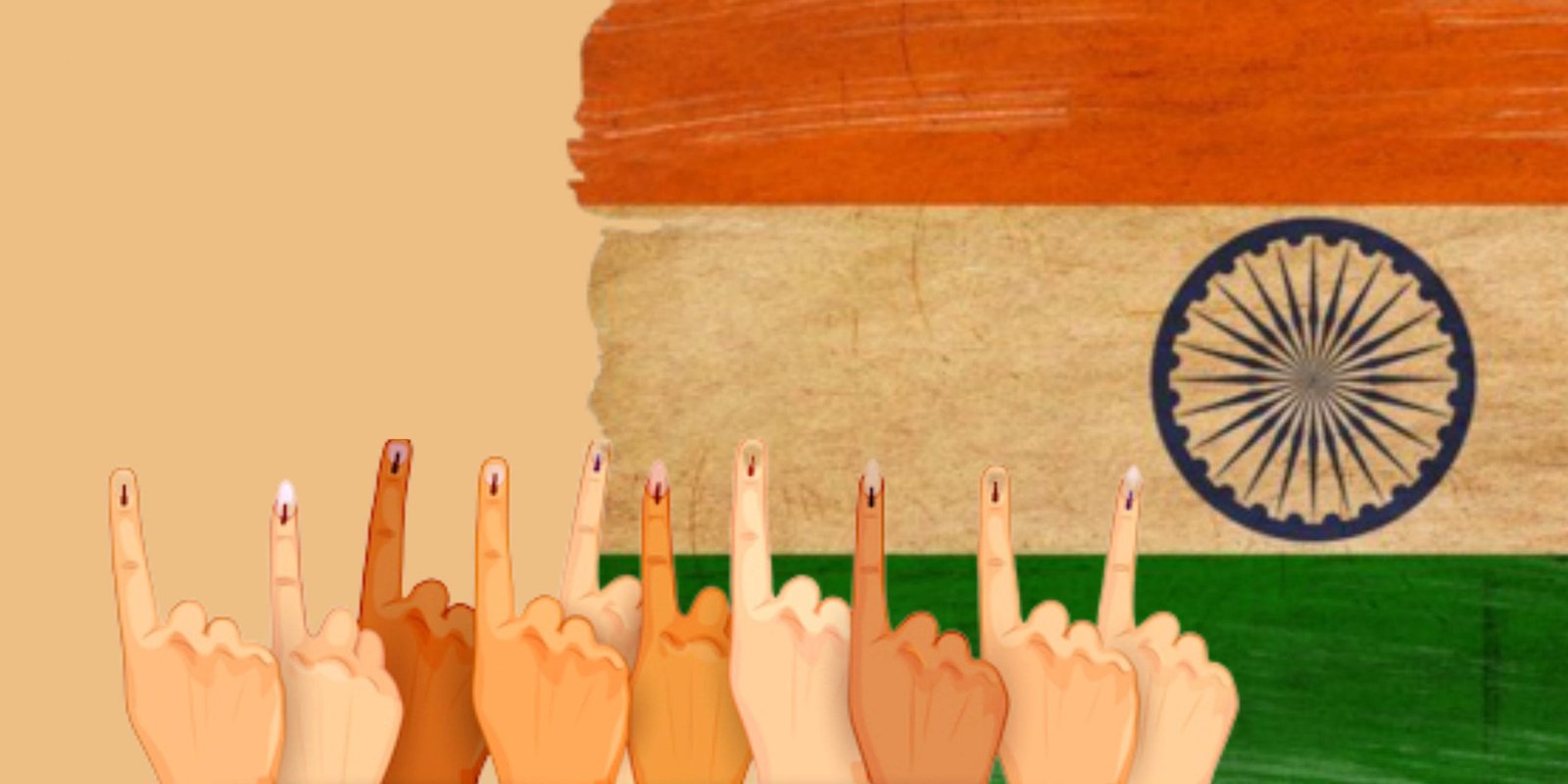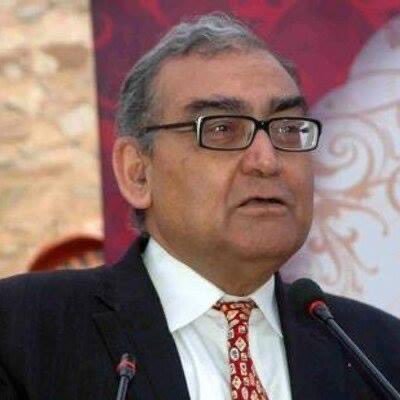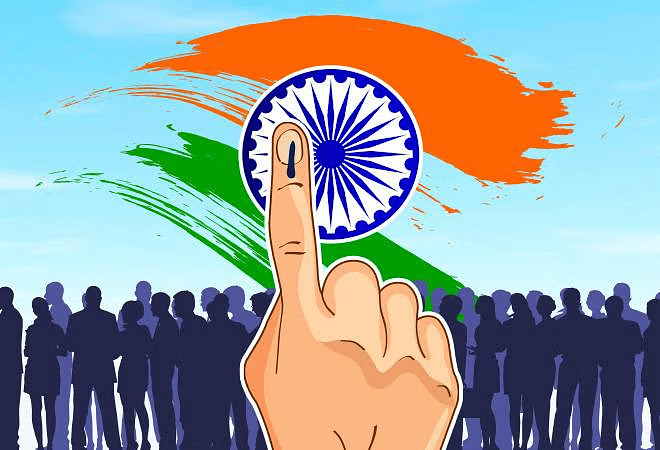In a heartfelt and solemn message, Justice Markandey Katju has informed The Philox about his deteriorating health. At 79, Katju, whose remarkable career has spanned the judiciary, academia, and public life, has shared the news that his time is drawing to a close. In his own words, he has expressed a sense of peace and resolve, having given his all in the service of his country and his ideals.
Author: Markandey Katju
My spat with Ras Siddiqui
Justice Markandey Katju recounts a recent disagreement with Ras Siddiqui, a Pakistani-origin friend living in the USA. The conflict began after Katju published an article criticizing Benazir Bhutto, calling her a “big crook,” which Siddiqui opposed. Katju, in response, expressed his belief that Pakistan is an artificial entity, created by British colonialists to foster division between Hindus and Muslims, and that lasting harmony between India and Pakistan is impossible. He argues that the creation of Pakistan aimed to prevent India from becoming a modern industrial power. Katju shared his views in various articles, but Siddiqui has yet to reply.
The crook Benazir Bhutto, the Messalina of Pakistan
By Justice Katju Today, 27th December, is the death anniversary of former Pakistan Prime Minister Benazir Bhutto Many Pakistanis have praised Benazir e.g. the well […]
From Madras to Maargazhi: Justice Katju’s Spiritual Journey and Love for Tamil Nadu’s Traditions During the Sacred Month
In “Spending Maargazhi in California,” Justice Katju reflects on the significance of the Maargazhi month, which holds deep cultural and spiritual importance in South India. He shares his personal experiences, including his time as Chief Justice of the Madras High Court, where he became immersed in the traditions of Tamil Nadu, such as the singing of Thiruppavai and the daily drawing of kolams. Justice Katju also highlights the mystery of Andal’s vivid descriptions of Mathura, despite her limited travel. Now in California, he yearns for the spiritual and cultural vibrancy of Tamil Nadu during this sacred month.
Justice Katju on Manmohan Singh’s Blind Loyalty to Sonia Gandhi and Corruption During His Tenure
Justice KatjuManmohan Singh: A Puppet Prime Minister and the Corruption Under His Watch –
India’s ancient connection with Christianity
By Justice Katju Since this is the Christmas season, it may interest many to know of India’s ancient connection with Christianity. The first connection began […]
The Unmatched Versatility of Mohammed Rafi: A Tribute by Justice Katju
On the 100th birth anniversary of legendary singer Mohammed Rafi, Justice Katju celebrates his unparalleled contribution to Hindi film music. Rafi is hailed as the greatest playback singer, known for his versatility, emotional depth, technical skill, and unique voice quality. His ability to sing across genres, from classical to romantic to patriotic, set him apart from contemporaries. Rafi’s collaborations with iconic composers produced timeless classics, and his songs continue to resonate today. His influence spans decades, making him a cultural icon whose legacy inspires generations. The article highlights Rafi’s lasting impact on Indian music.
Justice Katju Explores How Jesus Christ’s Mission to Reform Jewish Society Birthed Global Christianity
Christianity emerged as a reform movement within Judaism, led by Jesus Christ, who sought to challenge the corruption of Jewish priests. Following his crucifixion, his disciples spread his teachings among Jewish communities in the Roman Empire, leading to debates about inclusivity for non-Jews. The liberal faction, led by Paul, prevailed, allowing gentiles to join without adhering to Jewish customs, which facilitated Christianity’s growth. Its promise of social security, spiritual fulfillment, and equality resonated with the poor and slaves. Despite persecution, the faith expanded, ultimately becoming a major world religion through its human-centric ideology and community-based support system.
Richard Grenell’s tweets and what it portends for Pakistan
Richard Grenell’s recent tweets calling for the release of Imran Khan have sparked speculation regarding Pakistan’s political future. As a close ally of Donald Trump, Grenell’s statements suggest a potential shift in U.S. policy. Imran Khan’s imprisonment, following his shifting alliance toward China and Russia, has alienated U.S. interests in Pakistan. With widespread public support for Khan and the potential for instability under the current government, there is growing recognition that his return to power might restore stability. This article explores the implications of Grenell’s tweets for U.S.-Pakistan relations and Pakistan’s political landscape.
Justice Markandey Katju on Indian Constitution : Has it failed us or have the people failed the Constitution ?
Justice Markandey Katju critiques the premise of India’s Constitution, arguing that it was transplanted from Western models onto a feudal society without addressing the structural transformation required for modernization. He highlights how, despite initial progress, India’s modern institutions have been feudalized, eroding principles like secularism, liberty, and freedom of speech. He posits that true transformation necessitates a people-led revolution, citing historical examples from England, France, Russia, and China. Katju concludes that the Constitution alone cannot modernize a society, emphasizing the need for sustained societal change.
The purpose of the Indian Constitution
The purpose of the Indian Constitution is to deceive and hoodwink the Indian people into thinking that they are ruling themselves ( and thus have a democracy ) when the truth is that they are being ruled by a handful of crooks, who are looting them.
Long Live CJI Sanjiv Khanna: Justice Katju Praises a Worthy Successor
Justice Sanjiv Khanna, alongside Justices Sanjay Kumar and Justice V. Ramasubramanian, has upheld the sanctity of the Places of Worship Act, 1991, by staying surveys of mosques and dargahs. This pivotal decision curbs potential communal unrest and reverses the impact of the Ayodhya verdict and subsequent interpretations that jeopardized secularism. Justice Khanna’s bold stance echoes the legacy of his great-uncle, Justice HR Khanna, known for his dissent in ADM Jabalpur. In contrast, former CJI DY Chandrachud’s rulings, including those in the Gyanvapi case, have been critiqued for undermining secular principles to advance personal ambition.
Most Americans do not seem to know about their own country’s great literature
After the American Civil War ( 1861-65 ) slavery was abolished, but the condition of blacks was still bad ( due to Jim Crow laws, Ku Klux Klan, etc ). The devious decision of the US Supreme Court in Plessy vs Ferguson, 1896, and the deceitful underhand principle ‘separate but equal’ which it laid down, legitimized racial discrimination against blacks and segregation all over America.
We are one country By Justice Katju
Justice Markandey Katju envisions a future where India, Pakistan, and Bangladesh reunite as one nation, emphasizing their shared culture, history, and language. He argues that Hindustani, spoken widely across the subcontinent, unites these regions culturally. Katju views the 1947 Partition as a tragic British conspiracy exploiting the divisive two-nation theory, with Gandhi and Jinnah as unwitting agents. Highlighting Mughal Emperor Akbar as the true unifier of the Indian subcontinent, he critiques Partition’s lasting impact. Katju advocates for reconciliation and secular leadership to achieve reunification, urging citizens to embrace their shared identity and reject hostility towards their neighbors.
The Foolish Old Man who removed the mountains : By Justice Katju
I am like that Foolish Old Man. I have repeatedly said that our national aim must be to transform India from a backward country to a modern industrial giant, like China or USA, because unless we do that we can never hope to abolish our massive poverty, massive unemployment, appalling level of child malnutrition ( every second child in India is malnourished, according to Global Hunger Index), skyrocketing prices of essential commodities, almost total lack of proper healthcare and good education for the masses, etc.
Justice Katju’s Critique: The Judiciary, Chandrachud, and the Places of Worship Act in Crisis”
The recent controversies surrounding mosque and dargah surveys in India have sparked sharp criticism from Justice Katju, who alleges judicial dishonesty and complicity with the BJP in undermining the Places of Worship Act, 1991. He specifically condemns former CJI Chandrachud’s perceived sleight of hand in allowing such surveys, warning of the socio-political damage these actions may cause. Highlighting the Jama Masjid case in Sambhal, Justice Katju decries the judiciary’s failure to uphold secular principles. He criticizes the Supreme Court’s reluctance to dismiss these cases outright, attributing it to political pressures, and warns of escalating tensions threatening India’s secular fabric.
The Sambhal Tragedy: Exposing the Farce of Democracy and Secularism in India
The recent events in Sambhal, Uttar Pradesh, reflect the erosion of democratic and secular principles in India. A court-ordered survey of the Jama Masjid, allegedly violating the Places of Worship Act, 1991, led to protests from the local Muslim community, culminating in police firing that killed six and injured many. Opposition leaders and journalists were barred from visiting Sambhal, infringing on their constitutional rights under Article 19(1)(d). The UP government’s efforts to suppress the truth and propagate false narratives reflect authoritarian tendencies. This article critically examines the Sambhal tragedy and its broader implications on India’s democracy and secularism.
Mahua Moitra, Get Your Facts Right: My Criticism of CJI Chandrachud Began Long Before His Retirement
Justice Markandey Katju responds to Mahua Moitra’s statement that critiques of former Chief Justice of India D.Y. Chandrachud are surfacing only after he retired. Katju describes his ongoing criticism during the tenure of Chandrachud on judgments such as Ayodhya verdict and the Gyanvapi mosque case wherein he argues, career motives overtook the integrity of the judiciary. Katju is further highlighting Chandrachud’s controversial public appearances and suo motu matters and countering Moitra with evidence of his long-continuing opposition. Thereby, this article can shine light on the many complex issues of judicial accountability and political discourse over the tenure of Chandrachud.
The US indictment against Gautam Adani
Indian billionaire Gautam Adani, his nephew Sagar Adani, and six associates have been indicted by a US Federal Court in Brooklyn under the US Foreign Corrupt Practices Act. This is seen as a warning to Indian Prime Minister Narendra Modi due to his balancing act between the US, Russia, and China, especially after his participation in the BRICS summit. Adani, close to Modi, has dismissed the charges, stating they make him stronger. While journalist Sucheta Dalal predicts severe repercussions, some believe Modi’s ties with Donald Trump could help resolve the matter if Trump returns to power, restoring normalcy.
The crass dishonesty of former CJI Chandrachud
He was like his father Justice YV Chandrachud who gave a dishonest judgment in the ADM Jabalpur vs Shivakant Shukla case holding with the majority that a citizen has no right to life and liberty during an Emergency, so that his chance of becoming CJI may not be jeopardized. Only the brave and upright Justice HR Khanna dissented, even at the cost of losing the Chief Justiceship.
The true face of the Pakistan army exposed By Justice Katju
On that day Pakistani army troops fired on unarmed protestors who had gathered at D Chowk, Islamabad on the call of former Prime Minister Imran Khan, who is in Adiala jail since August 2023, killing an undisclosed number of people ( because their bodies have been removed by the soldiers). This is known as the Islamabad massacre.
BJP led alliance’s massive victory in Maharashtra : By Justice Katju
This is also my personal experience. When I am sitting with my family members, and they are sure no Muslim is around, they often spout venom against Muslims.
I have often said that 90% Indians are gullible fools, who will follow any fraudster like Modi, like rats following the Pied Piper of Hamelin.
When a party goes to the polls it must have something to offer to the people. The BJP has Hindutva to offer, while the Congress has nothing
So it seems that the BJP will keep winning in most elections in India for a long time to come in the future.
The truth about Pakistan By Justice Katju
The purpose of partitioning India was to keep Hindus and Muslims fighting each other and thus ensure that united India does not emerge as a modern industrial giant ( as China has become ) for which it has all the potential, and thus become a strong rival to British industry.
The modern Janus
The other head reveres ancient India, portraying it as a golden age, and claiming historical knowledge of head transplant surgery, genetic engineering, and aeroplanes in ancient India — a belief propagated by the RSS, to which he belongs.
Why I don’t contest elections
I have also said that those who call cow ‘gomata’ (mother cow) have ‘gobar’ (cow dung) in their heads, for how can an animal be the mother of a human being? Some say that cow is a ‘gomata’ as she gives us milk to drink. But humans drink milk of goats, buffaloes, camels, yaks, deer, etc. Are all these animals to be worshipped and regarded as our mothers? I regard a cow no different from other animals, like a horse or a dog.
Why democracy is unsuited to India
By Justice Katju Why democracy is unsuited to India By Justice Katju Many people have asked me why I am against democracy in India, especially […]
My Diwali message to all Indians
Our national aim must be to transform India into a modern industrial giant, for only then can we abolish poverty, unemployment, hunger, lack of healthcare and good education for our masses
My appeal to Muslims and Christians to celebrate Diwali
At one time, Hindus would participate in Eid and Muharram, and Muslims would celebrate Holi and Diwali. Even Mughal Emperors such as Akbar, Jehangir, Shah Jahan, and the later Mughals up to Bahadur Shah Zafar, as well as the Nawabs of many kingdoms in India like Avadh and Murshidabad would celebrate Holi and Diwali.
Who should have political power in India ?
I submit it should be with the tiny section of the middle classes who have ‘declassed’ themselves, and identified themselves with the poor. In other words, it should be with the patriotic, self denying, modern minded middle class intellectuals who have done intense study of history and other subjects, and are determined to lead a mighty historical people’s struggle and people’s revolution to create a political and social order in which the standard of living of the people steadily rises, and people get decent lives.

